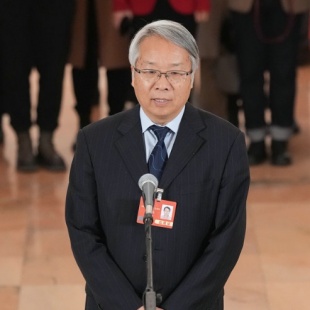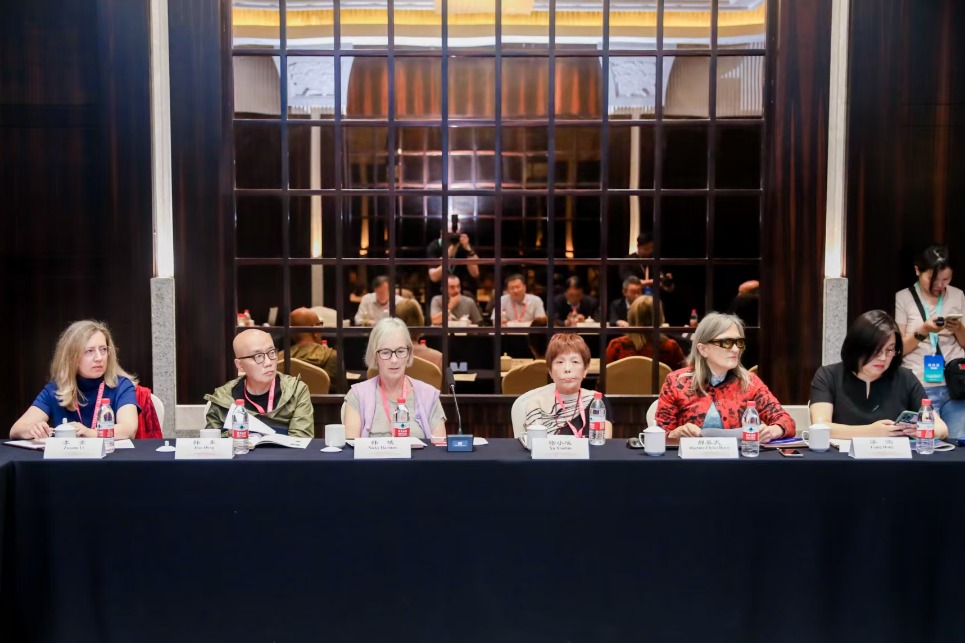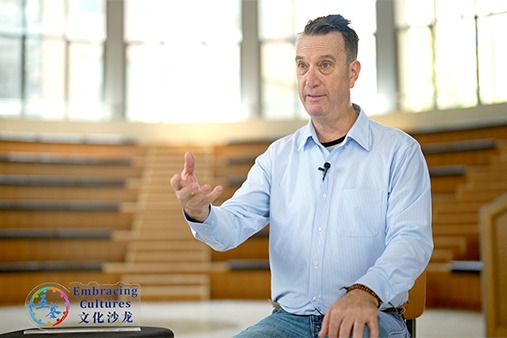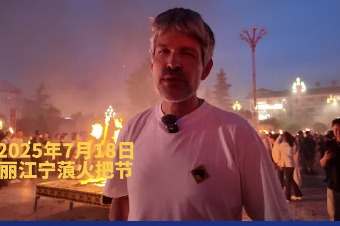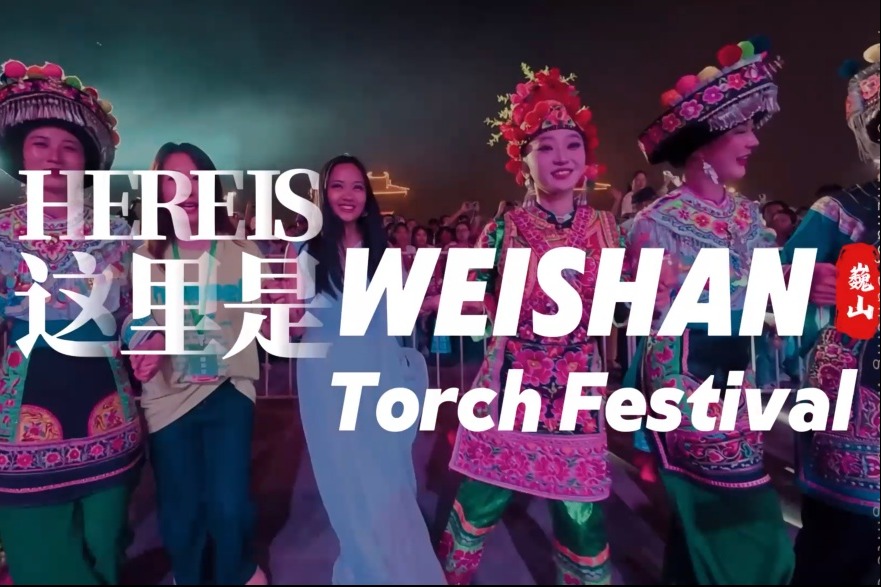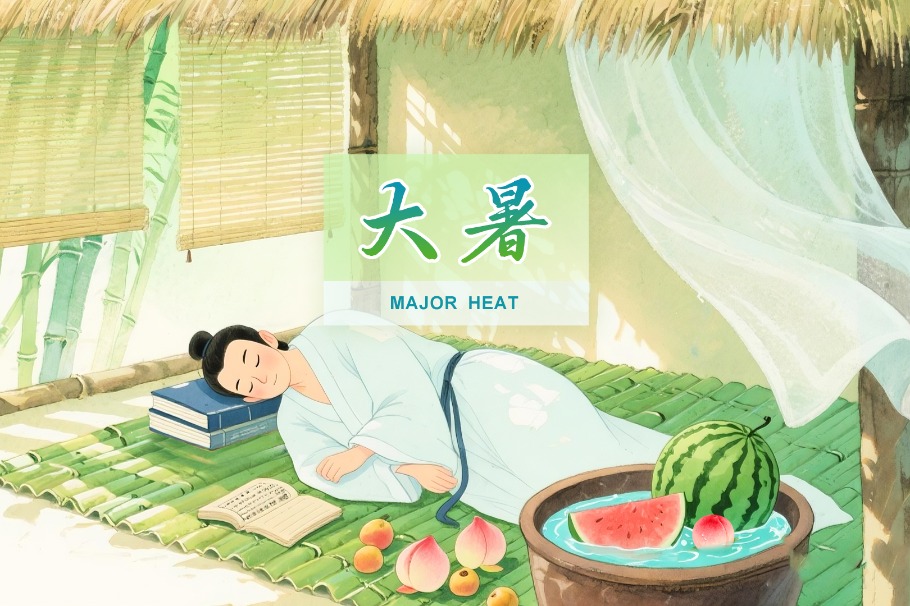Visitors dig for historical knowledge in China's many museums


Museums, as an important channel for cultural education, meet the public's increasing spiritual needs, with "museum fever" recently being observed, said archaeologist Chen Xingcan on Monday.
Chen is a member of the 14th National Committee of the Chinese People's Political Consultative Conference and the director of Yinxu Museum in Anyang, Henan province, which is known for its rich collection of 3,300-year-old oracle bone scripts, China's earliest known writing system.
He said at an interview on the sidelines of the ongoing two sessions that an unprecedented 72 million people visited museums nationwide during the past Spring Festival holiday.
Since opening in February 2024, Yinxu Museum has received 1.8 million visits. In Henan's provincial capital Zhengzhou, reserving a ticket for the Henan Museum is challenging.
In southwestern China, Sanxingdui Museum of Guanghan, Sichuan province, recorded 6 million visits last year.
According to Chen, also a researcher at the Institute of Archaeology, Chinese Academy of Social Sciences, the traces of human activities in China date back over a million years. More than 10,000 years ago, agriculture emerged. In the middle and lower reaches of the Yangtze River, paddy farming thrived, while millet was first grown in the Yellow River Basin.
Chen highlighted archaeologists' roles in revealing the mysteries of prehistoric Chinese civilization and their contributions in expanding the research scope of history after the written language was developed — the Shang (c. 16th century-11th century BC) and Zhou (c. 11th century-256 BC) dynasties, for example.
He mentioned that archaeological excavations have also yielded an enhanced knowledge of the history of national unification and historical stories of cultural exchanges between China and other ancient civilizations.
"It's encouraging that more people are visiting museums and learning about the profound history of Chinese civilization through artifacts," Chen added.
"Such growing interest has inspired Chinese archaeologists to devote more efforts to excavations, as well as the interpretation and exhibition of cultural relics."


